A project to strengthen evidence-based decision-making by increasing accurate information.
In March 2021 Africa Check, the continent’s leading fact-checking organisation, and the United Nations Democracy Fund (UNDEF) launched a project to strengthen evidence-based decision-making by increasing accurate information. The four-year project, titled Media Literacy for Evidence-based Decision Making, runs in Kenya, Nigeria and South Africa.
It takes a holistic approach to combating misinformation. This includes media literacy, increasing access to accurate information, and providing fact-checking training to journalists – and journalism and communication students – to strengthen the information ecosystem.
During the project’s first part, 124 journalists from the three countries attended a two-day virtual masterclass to build their fact-checking skills. They learned how to fact-check claims and integrate fact-checking into their reporting, how misinformation spreads and how to find data from accurate and credible sources.
Toolkit and mentorship
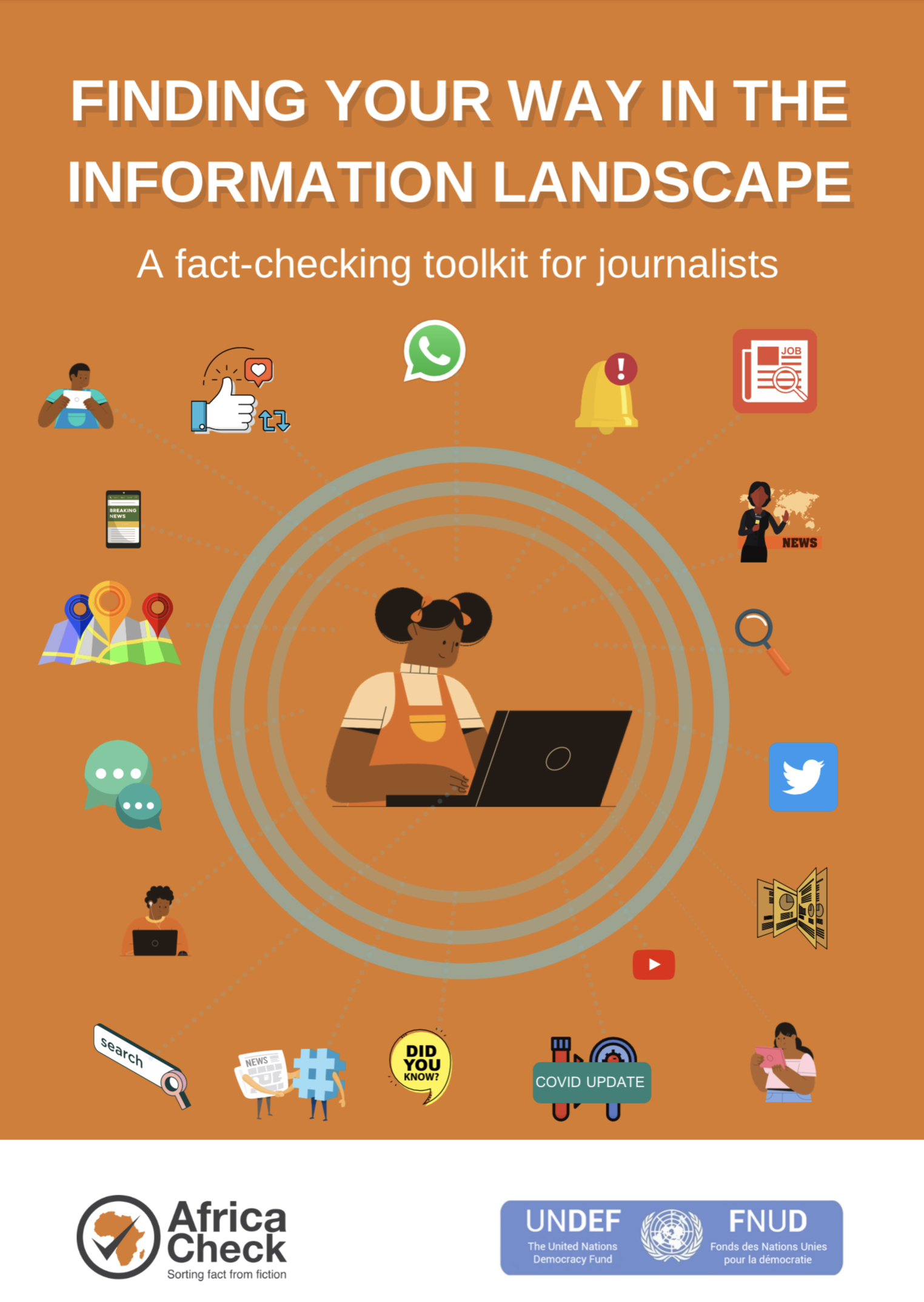 At the masterclass, the journalists were provided with a fact-checking toolkit specifically developed for the country they work in. The toolkit details the fact-checking process, tips for identifying false claims and information, and verification tools that help determine the origins of visuals.
At the masterclass, the journalists were provided with a fact-checking toolkit specifically developed for the country they work in. The toolkit details the fact-checking process, tips for identifying false claims and information, and verification tools that help determine the origins of visuals.
A total of 118 journalism and communication students attended a hands-on one-day virtual workshop, in which they were taught the same skills as the journalists and were given the toolkit.
An online mentoring programme for selected journalist participants reinforces the skills taught in the masterclass. Twelve female and 11 male journalists from the three countries are currently being coached to produce their first in-depth fact-checking reports.
The training and mentorship seeks to cultivate a culture of fact-checking instead of confining the skills to specialist organisations such as Africa Check.
“I would recommend this training to every journalist and researcher.”
We have received positive feedback from participants:
“I would recommend this training to every journalist and researcher.” – Journalist, South Africa
“I loved how lively and fun the session was. I enjoyed that the facilitator used examples that were serious, funny and interesting. I also loved how structured the session was; it was very easy to follow. I will definitely be using the five-step fact-checking process.” – Journalist, Nigeria
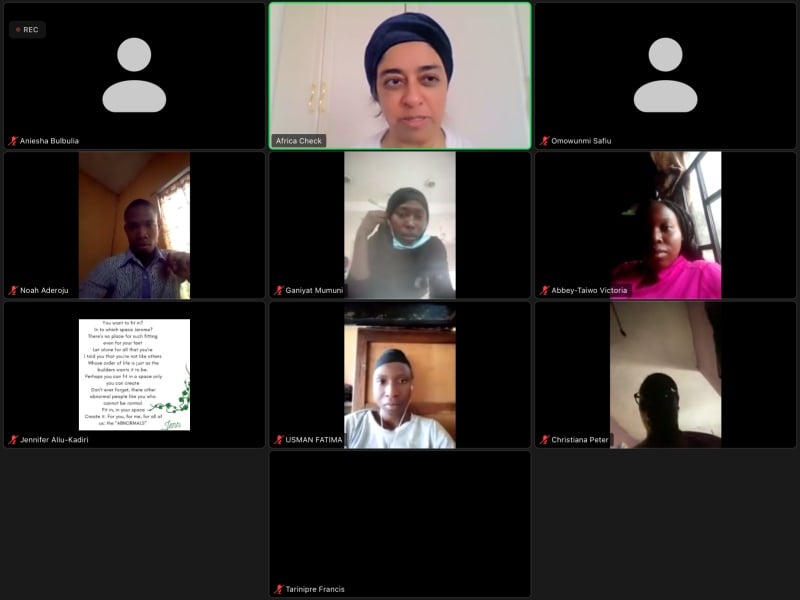
“I have learned a lot of interesting things that will apply in my day-to-day life and, especially, when doing my research project.” – Student, Kenya

Made possible through support from the UN Democracy Fund.


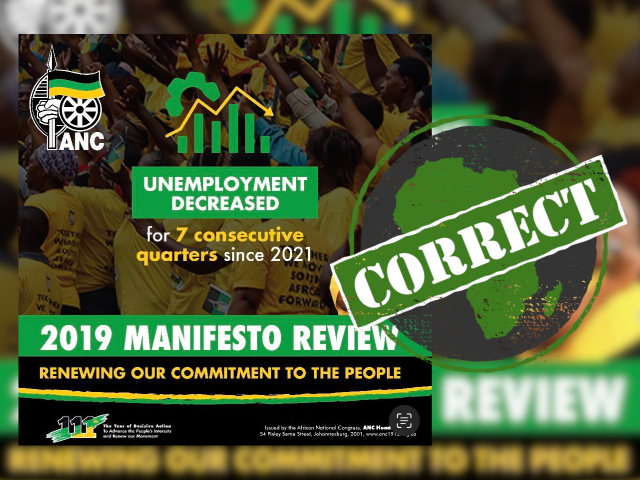
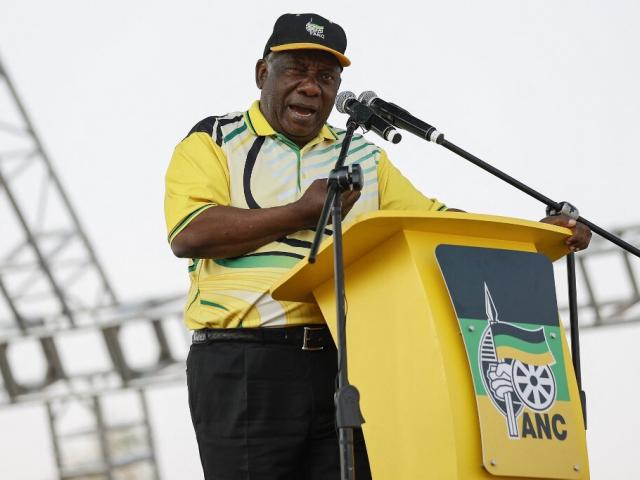
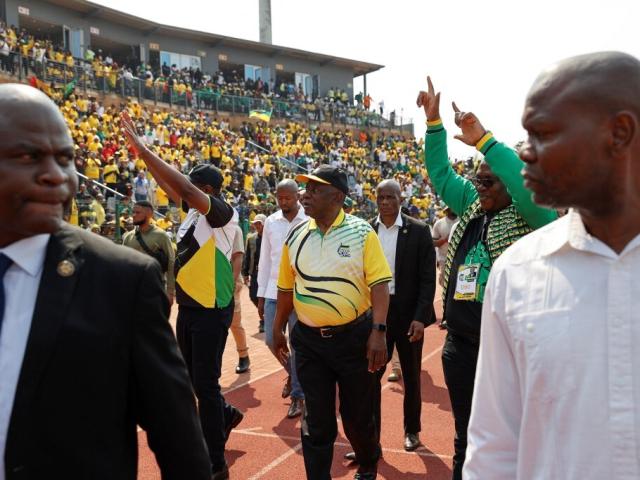
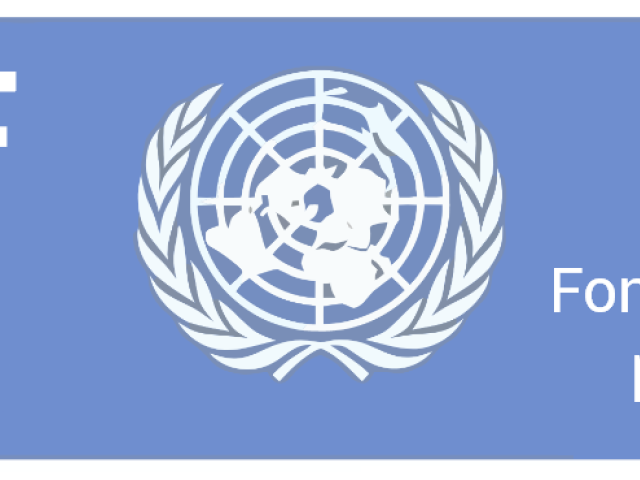
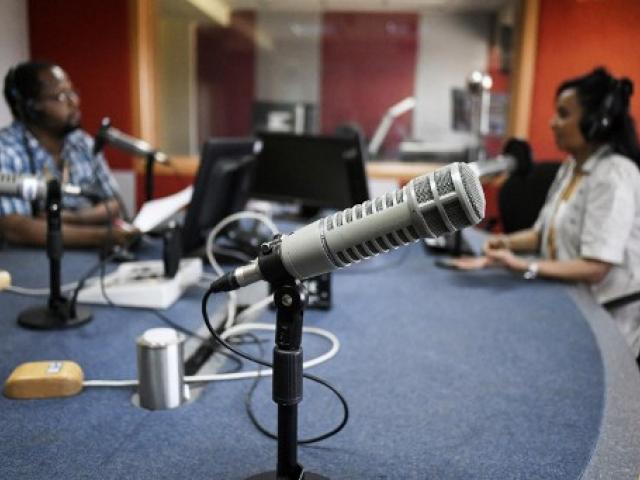


Add new comment